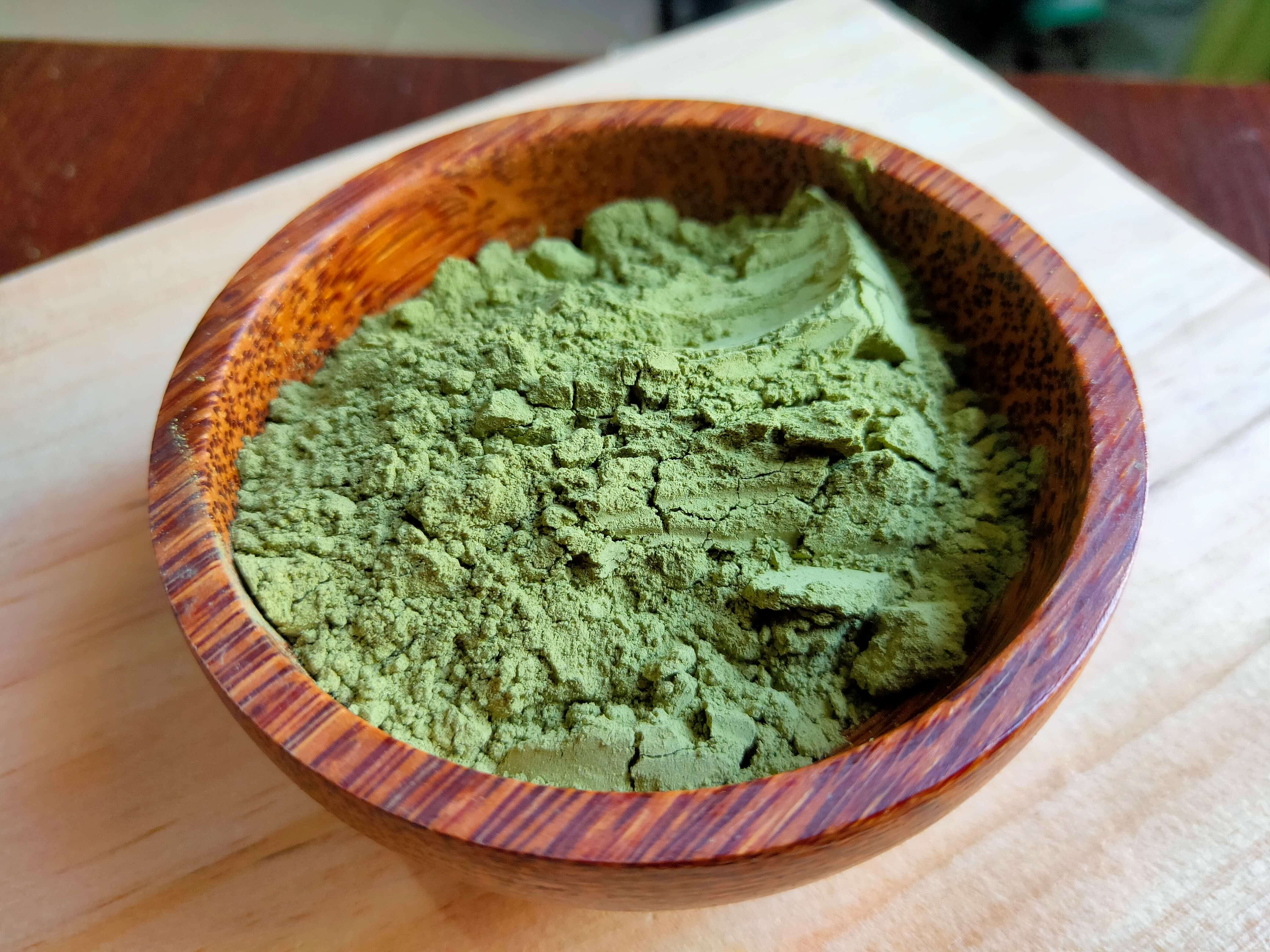Cognitive Benefits of Kratom: What You Need to Know
Introduction
Kratom has been making waves in the wellness community, not just for its physical benefits but also for its potential cognitive perks. But what exactly is Kratom, and how can it enhance your mental faculties? This article dives deep into the cognitive benefits of Kratom, providing a comprehensive overview backed by science and user experiences.
What is Kratom?
Kratom (Mitragyna speciosa) is a tropical evergreen tree native to Southeast Asia, particularly in countries like Thailand, Indonesia, and Malaysia. Traditionally, the leaves of the Kratom tree have been used for their medicinal properties, including pain relief, energy boost, and mood enhancement.
Active Compounds in Kratom
The primary active compounds in Kratom are alkaloids, with Mitragynine and 7-Hydroxymitragynine being the most prominent. These compounds interact with the brain's receptors, leading to various effects that can influence cognitive functions.
Mechanisms of Action
Kratom’s alkaloids bind to opioid receptors in the brain, but unlike traditional opioids, they provide a stimulating effect at lower doses. This interaction helps modulate neurotransmitter activity, which can enhance cognitive functions such as focus, memory, and clarity.
Cognitive Benefits of Kratom
Enhanced Focus and Concentration
One of the most celebrated cognitive benefits of Kratom is its ability to enhance focus and concentration. Users often report feeling more alert and capable of maintaining attention on tasks for extended periods.
Improved Memory
Certain strains of Kratom have been linked to improved memory function. This could be due to the increased release of acetylcholine, a neurotransmitter crucial for learning and memory.
Increased Mental Clarity
Kratom can also provide a sense of mental clarity, helping users think more clearly and make decisions with greater ease. This effect is particularly beneficial for individuals dealing with brain fog or cognitive fatigue.
Scientific Studies on Kratom and Cognition
Research Overview
While research on Kratom is still in its early stages, several studies have explored its cognitive effects. These studies often focus on the alkaloids’ interactions with brain receptors and their impact on cognitive performance.
Key Findings
Preliminary findings suggest that Kratom may have neuroprotective properties and could potentially enhance cognitive functions like memory and focus. However, more rigorous research is needed to confirm these benefits.
Kratom and Neuroprotection
Antioxidant Properties
Kratom's antioxidant properties help protect the brain from oxidative stress, which can lead to cognitive decline. This neuroprotective effect makes Kratom a promising candidate for maintaining cognitive health.
Potential in Preventing Cognitive Decline
Regular use of Kratom in controlled amounts may help prevent cognitive decline associated with aging or neurodegenerative diseases, thanks to its ability to modulate neurotransmitter activity and protect brain cells.
Kratom Strains for Cognitive Benefits
Green Maeng Da
Known for its balanced effects, Green Maeng Da is a popular choice for enhancing focus and energy without the jitteriness associated with stimulants.
White Borneo
White Borneo is favored for its stimulating properties, making it an excellent option for boosting mental clarity and concentration.
Red Bali
Red Bali, while typically known for its calming effects, can also aid in cognitive functions by promoting relaxation and reducing mental stress.
How to Use Kratom for Cognitive Benefits
Dosage Recommendations
Finding the right dosage is crucial for maximizing the cognitive benefits of Kratom. It’s generally recommended to start with a low dose (1-2 grams) and gradually increase it based on your body’s response.
Methods of Consumption
Kratom can be consumed in various forms, including capsules, powders, and teas. Each method has its own onset time and duration of effects, so users can choose according to their preferences.
Potential Side Effects and Risks
Common Side Effects
Like any substance, Kratom can have side effects, especially if used in large amounts. Common side effects include nausea, dizziness, and constipation.
Long-term Risks
Long-term use of Kratom is still being studied, but there are concerns about dependency and withdrawal symptoms. Responsible use is essential to avoid these risks.
Comparing Kratom with Other Cognitive Enhancers
Natural Alternatives
Kratom is often compared to other natural cognitive enhancers like ginkgo biloba and ginseng. While each has its own benefits, Kratom’s unique alkaloid profile sets it apart.
Synthetic Alternatives
In the realm of synthetic cognitive enhancers, Kratom is seen as a more natural option with fewer synthetic chemicals and side effects compared to nootropics and smart drugs.
Legal Status of Kratom
Regulations Worldwide
The legal status of Kratom varies globally. Some countries ban it outright, while others regulate its use. It’s important to stay informed about the laws in your area.
Controversies and Debates
Kratom’s legal status is often a subject of debate, with proponents advocating for its benefits and opponents citing potential risks. Understanding both sides of the argument can help users make informed decisions.
User Testimonials and Experiences
Positive Experiences
Many users share positive experiences with Kratom, particularly regarding its cognitive benefits. Enhanced focus, better memory, and improved mental clarity are common themes.
Negative Experiences
On the flip side, some users report negative experiences, usually related to side effects or dependency issues. These testimonials underscore the importance of responsible use.
Tips for Safe Use of Kratom
Responsible Usage Guidelines
To safely enjoy Kratom’s cognitive benefits, it’s essential to follow responsible usage guidelines. This includes starting with low doses, avoiding daily use, and being mindful of any side effects.
Avoiding Dependency
Taking regular breaks from Kratom can help prevent dependency. Using Kratom occasionally rather than habitually ensures you continue to benefit without adverse effects.
Conclusion
Kratom offers promising cognitive benefits, from enhanced focus and memory to increased mental clarity. However, it’s crucial to use it responsibly and stay informed about potential risks. By understanding how Kratom works and choosing the right strains, users can optimize their cognitive health safely and effectively.
FAQs
What is the best strain of Kratom for cognitive benefits?
Green Maeng Da is often recommended for cognitive benefits due to its balanced effects on focus and energy.
How long does it take for Kratom to show cognitive effects?
The onset of cognitive effects can vary, but most users report feeling the benefits within 30 minutes to an hour after consumption.
Can Kratom improve memory in the long term?
While some users report improved memory with regular use, more research is needed to confirm long-term cognitive benefits.
Are there any foods or substances that should be avoided when using Kratom?
It’s advisable to avoid combining Kratom with other substances that affect the brain, such as alcohol or certain medications, to prevent adverse interactions.
How does Kratom compare to coffee for cognitive enhancement?
Kratom can provide a similar boost in focus and energy as coffee but often without the jitteriness and crash associated with caffeine.





